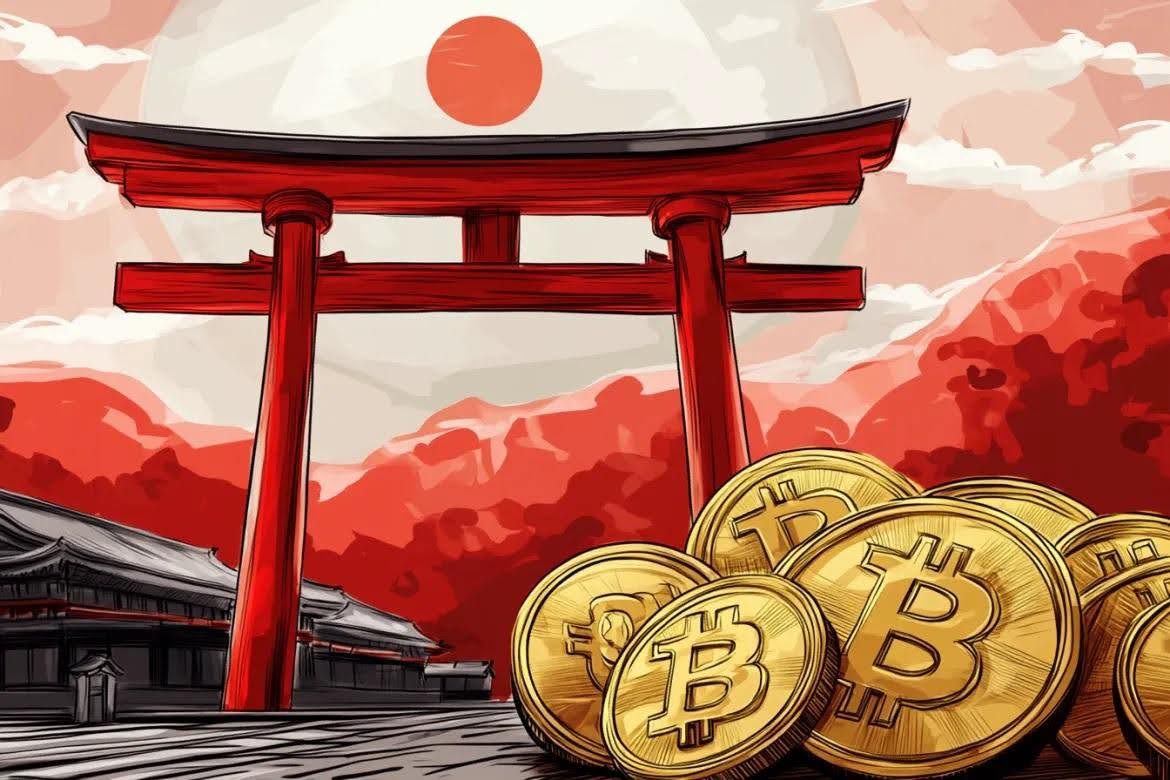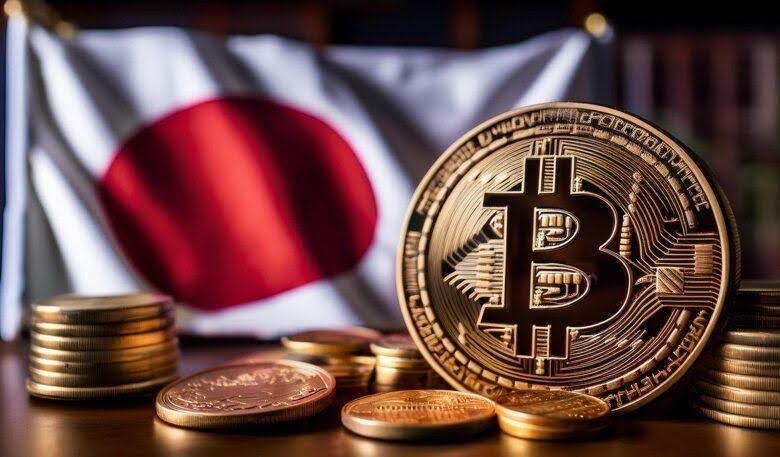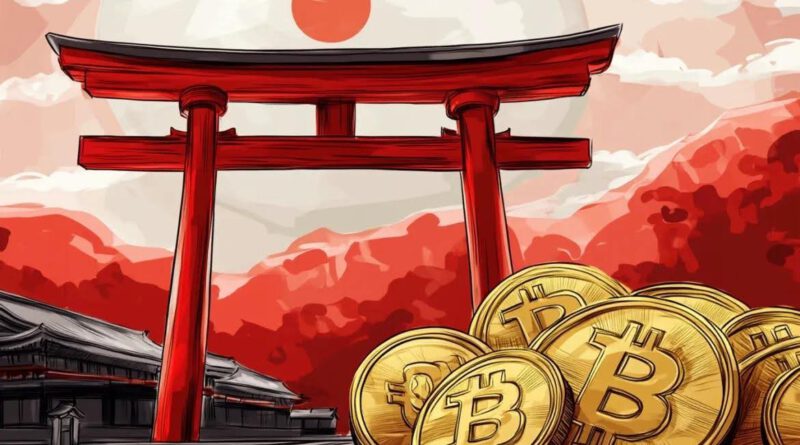Japan Set to Approve First Yen-Backed Stablecoin
Key Takeaways:
- Japan’s FSA is expected to greenlight the country’s first yen-pegged stablecoin by fall 2025.
- JPYC, the issuing company, will be registered as a money transfer operator and lead the rollout.
- The move could reshape Japan’s bond market and position the yen-backed token as a global alternative to USD stablecoins.
Japan is near to a new period of digital financing. In a historic regulatory move, the Financial Services Agency (FSA) is all set to allow the first yen-backed stablecoin in the country marking an overhaul in Japan crypto policy and digital asset strategy. The decision not only brings a domestic alternative to USD-linked stablecoins, but may also change the dynamics on the Japanese government bonds (JGB) market.
Read More: SBI Japan Files First Bitcoin–XRP ETF Amid Crypto Policy Shakeup

Japan to Approve Yen-Pegged Stablecoin for the First Time
The FSA will give the go-ahead to issue a yen-backed stablecoin as early as fall 2025, the first such official green light in Japan. According to local source, Tokyo-based fintech firm JPYC Inc. is expected to be officially registered as a money transfer business within the month. After the approval, JPYC will start circulating the digital yen token within mates and institutions.
In contrast to the volatility of cryptocurrencies such as Bitcoin or Ethereum, JPYC tokens are to exist in a stable form with the price at 1 JPYC = 1 JPY and with liquid reserves like bank deposits and Japanese government bonds behind them in full.
The traditional transfer between banks will be utilized to give users a stablecoin in their digital wallet. The fact that it is pegged to the yen makes it an attractive choice to be used to engage in the local business, cross-border payment, and even possibly in decentralized finance (DeFi) investments, as its regulator becomes more understandable.
Read More: Ripple Commits $200K Each to Accelerate Japan’s Crypto Startup Scene
Japan Joins the $286B Stablecoin Market
The ruling has been made as there is a boom in the use of stablecoins all over the world. The entire stablecoin market cap, which is largely comprised of USD-pegged tokens USDT (Tether) and USDC (Circle), has now swelled to more than $286 billion.
Japan has so far lagged in the stablecoin race. US-based players like Circle already made inroads in the Japanese market earlier this year, with USDC officially launching in Japan in March 2025 following FSA approval. But those offerings are still dollar-denominated.
Through the launch of JPYC, Japan presents the initial local player in the form of an alternative currency with the support of both local currency and local reserves. It would help Japanese customers transact more, free of foreign exchange risks, and it would permit businesses to test blockchain-based payments using their native currency.

Impact on the Japanese Bond Market
Could Stablecoins Become a New Class of Bond Buyers?
One of the most potentially disruptive outcomes of JPYC’s launch lies not in crypto itself but in traditional finance. According to comments from Shin’ya Okabe, a representative of JPYC, the company is expected to purchase Japanese government bonds (JGBs) in significant volumes as part of its reserve backing strategy.
This mirrors a trend in the US, where stablecoin issuers like Tether and Circle hold massive amounts of US Treasurys to collateralize their tokens, making them influential institutional buyers in the bond market.
If JPYC follows a similar path, it could:
- Increase demand for JGBs, providing support for bond prices
- Influence interest rates, by introducing a new class of digital-native institutional buyers
- Align stablecoin adoption with broader monetary policy goals
Okabe also cautioned that those countries that would not pursue stablecoin would sustain losses of this demand, which could result in increased costs of government borrowing. This alludes to the fact that Japan is not just changing regulation towards crypto, it is also an economic tactical move so as to remain in pole position into the new financial landscape.
Regulatory Momentum: Japan’s Gradual Crypto Pivot
Japan has historically maintained a cautious but forward-looking stance on crypto. Following the Mt. Gox collapsed in 2014, it became one of the first countries to implement comprehensive crypto regulations. But stablecoins were largely restricted until now.
The post Japan Set to Approve First Yen-Backed Stablecoin appeared first on CryptoNinjas.
CryptoNinjas





















